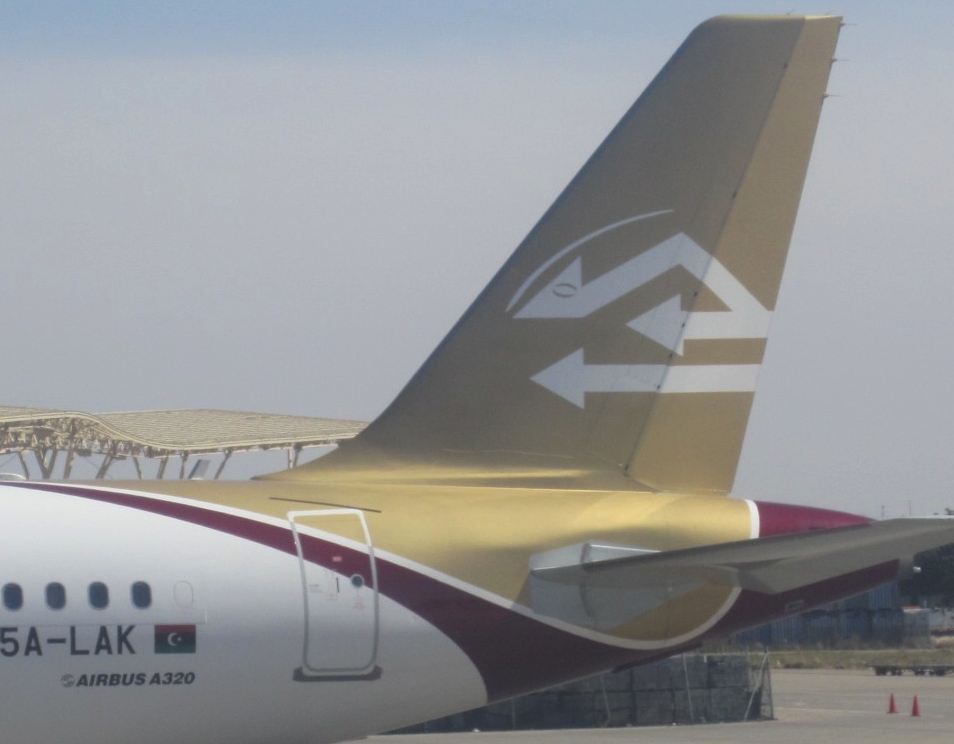By Ahmed Elumami and Nigel Ash

Tripoli, 1 June 2013:
The personal . . .[restrict]intervention of the Prime Minister, Ali Zeidan stopped a strike by cabin staff at Libyan Airlines, scheduled to begin today.
Zeidan is believed to have phoned one of the strike leaders in Benghazi overnight and persuaded him to suspend the action.
The prime minister’s unexpected move was confirmed by the airline. Abdulati Amer from the carrier’s media office this evening told the Libya Herald: “Prime Minister Ali Zeidan has discussed with Libyan Airlines staff their demands, in a bid to avoid the problem which the strike would have caused to traffic at both Benghazi and Tripoli airports.”
If all cabin staff had responded, the strike would have grounded all Libyan Airlines flights, since international regulations require that flight attendants be present on all passenger-carrying aircraft.
It is now thought that the government will take a leading role in talks between disaffected flight attendants and the airline’s management. The negotiations may however, broaden to embrace other issues.
Although today’s planned strike was ostensibly about pay scales, which the cabin crew maintain have not been revised as managers promised, the dispute is part of a wider schism between Libyan Airlines top management and many of its employees, including pilots, ground staff and back office workers.
At the start of May flight flight deck crew and office staff walked out after a dispute with a manager at Tripoli International Airport. A month earlier pilots in Benghazi struck. Although Libyan Airlines managed to keep some services going, two Airbus A320s were stuck on the tarmac in Benghazi for several days, because crews refused to fly them out to Tripoli.
This time last year, in one of the first manifestations of employee dissatisfaction, pilots and ground staff walked out in protest at unpopular management changes.
At the root of all the labour unrest lie the desire to have Libyan Airlines return to its original base in Benghazi and a new, independent management appointed, that will fight the state-owned carrier’s corner against relative newcomer Afriqiyah, also state-owned. The new airline was part of Qaddafi’s grandiose African ambitions and received generous state support. Meanwhile Libyan Airlines was starved of important investment and staff even worked on lower base salaries.
Immediately after the revolution, Libyan Airlines was given a separate management committee by the NTC. This body sought to reestablish the carrier’s independence. According to Captain Hussein Fitouri, from the Benghazi Pilot’s Union, staff morale soared but then crashed when control of the airline was later restored to the Libyan African Holding Company, (LAHC) which also controls Afriqiyah. The resentment appears to have rumbled on ever since.
Libyan Airlines today used its Facebook page to apologise to passengers for the confusion that had occurred and promised to provide better information in future.
Ironically two Libyan Airlines Benghazi flights were still cancelled today, but this was because of the Ghibli that is still affecting the airport. [/restrict]







